National
Conservative MP defends petition calling for no-confidence vote against Trudeau from ‘angry,’ ‘wild socialists’
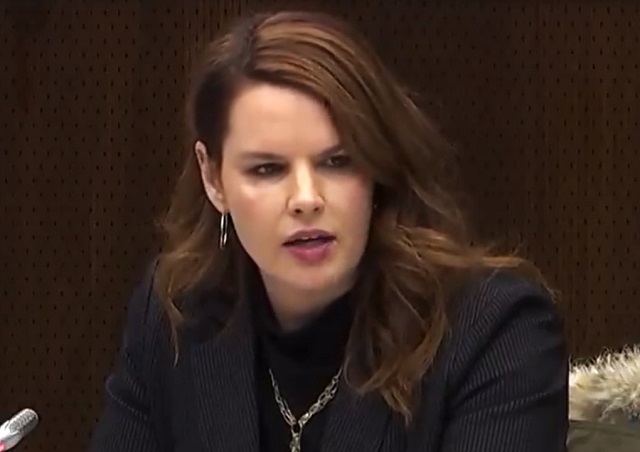
From LifeSiteNews
The popular petition, supported by MP Michelle Ferreri, has received more than 273,000 signatures.
A Conservative Party of Canada (CPC) MP who backed a petition demanding a vote of no confidence and election call against Prime Minister Justin Trudeau and his Liberal government is defending her petition from “angry” and “wild socialists” after it exploded to move than a quarter of a million signatures.
The official petition, initiated by Peterborough, Ontario resident Melissa Outwater and sponsored by CPC Michelle Ferreri, who represents the Peterborough-Kawartha, Ontario riding, has as of this writing more than 273,000 signatures.
“200k signatures in less than 2 weeks,” Ferreri posted recently on X (formerly Twitter) about her petition.
“Canadians want change. Canadians want affordability.”
When LifeSiteNews reported on the petition November 28, it already had more than 70,000 signatures.
The petition opened for signatures on November 24, and remains live until December 24. It reads, “We, the undersigned, citizens and residents of Canada, call upon the House of Commons to call for a vote of no confidence and a federal election 45 days following the vote.”
Ferreri has been defending her petition from what she has called “wild socialists” who are criticizing her efforts by claiming that anyone can “fake” sign it.
“What is hysterical about these wild socialists is they don’t even do basic google research,” she wrote on X (formerly Twitter) yesterday.
“Every email needs to be validated by the clerk to count. 2. You can only sign the petition once. 3. You must be a Canadian resident or Canadian citizen to sign any HOC petition. 4. Any Canadian citizen can start a petition and it is a powerful democratic way to elevate Canadians concerns.”
Petitions to Canada’s House of Commons can be started by anyone but must have the support of five Canadian citizens or residents along with the support of a sitting MP.
Once a petition has more than 500 verified signatures, it is presented to the House of Commons, where it awaits an official government response.
The stipulations the petition lays out for the vote of no confidence to take place reads: “The citizens of Canada have lost confidence in Justin Trudeau and the Liberal/NDP coalition. We call on the house for a vote of no confidence. We ask for an election 45 days after the vote if won.”
The petition stipulates that the current Liberal government under Trudeau is “not acting in the best interest of all citizens” due to its ideologically charged agenda of going after people’s “civil liberties” and “unbalanced immigration policies.”
“The policies of this government aren’t aligning with the crisis Canada is facing: housing costs, infringement of civil liberties, highest inflation in history, unbalanced immigration policies, taxation to the point of poverty, weakening of our economy by importing natural resources that Canada already has and under-utilizes,” it reads.
Additionally, the petition states that after over eight years with Trudeau in charge, Canadians are losing confidence in his leadership, especially “after five ethics investigations” have had to be conducted.
As a result, the petition states that Canada’s “reputation” is “being tarnished on a global scale under his leadership.”
Ferreri said that “Socialists are mad” about her petition because “they don’t support democracy.”
“If you disagree with an idea, at least get your facts straight. Here I’ll leave a link to the petition for you,” she added.
“A lot of the trolls are very angry because this is the fastest-growing online petition in parliamentary history,” Ferreri said last week on X (formerly Twitter).
“They (the trolls) like to protect their sweet precious Justin Trudeau, so they are saying all these (negative) things online.”
Ferreri said that if her petition reaches 300,000 it will be the highest for an “online” petition in Canadian history.
She added while signing the petition may be “symbolic in many ways” they are “very valuable” as they “elevate” people’s “voice to send a very big message that you are unhappy and that is very important when we work here at parliament.”
Recent polls show that the Trudeau Liberals’ scandal-plagued government’s popularity has taken a nosedive with no end in sight.
Per a recent LifeSiteNews report, according to polls, were a Canadian federal election held today the Conservatives under leader Pierre Poilievre would win a majority in the House of Commons over Trudeau’s Liberals.
Trudeau’s popularity has been falling and his government has been embroiled in scandal after scandal, the latest being a controversy around a three-year carbon tax “pause” he announced on home heating oil, but only in Atlantic Canadian provinces.
Even top Liberal party stalwarts have called for him to resign.
However, the New Democratic Party (NDP) has an informal coalition with Trudeau that began last year, agreeing to support and keep the Liberals in power until the next election is mandated by law in 2025. Until the NDP decides to break ranks with the Liberals, an early election call is unlikely.
Business
Carney should rethink ‘carbon capture’ climate cure
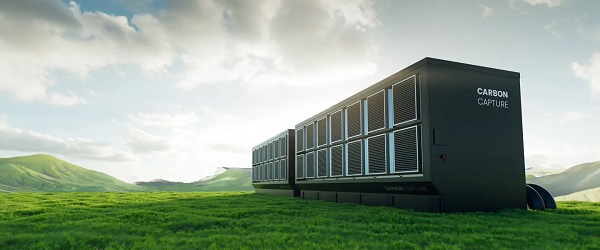
From the Fraser Institute
In case you missed it amid the din of Trump’s trade war, Prime Minister Carney is a big believer in “carbon capture and storage.” And his energy minister, Tim Hodgson, who said it’s “critical to build carbon capture systems for the oilsands,” wants the Smith government and oilsands companies to get behind a proposed project (which hasn’t been unable to raise sufficient private investment) in Cold Lake, Alberta.
The term “carbon capture and storage” (or CCS) essentially refers to technology that separates carbon dioxide (CO2) from emissions and either stores it or uses it for other products. Proponents claim that CCS could replace other more ham-handed climate regulations such as carbon taxes, emission caps, etc. The problem is, like many (or most) proposed climate panaceas, CCS is oversold. While it’s a real technology currently in use around the world (primarily to produce more oil and gas from depleting reservoirs), jurisdictions will likely be unable to affordably scale up CCS enough to capture and store enough greenhouse gas to meaningfully reduce the risks of predicted climate change.
Why? Because while you get energy out of converting methane (natural gas) to CO2 by burning it in a power plant to generate electricity, you have to put quite a lot of energy into the process if you want to capture, compress, transport and store the attendant CO2 emissions. Again, carbon capture can be profitable (on net) for use in producing more oil and gas from depleting reservoirs, and it has a long and respected role in oil and gas production, but it’s unclear that the technology has utility outside of private for-profit use.
And in fact, according to the International Institute for Sustainable Development (IISD), most CCS happening in Canada is less about storing carbon to avert climate change and more about stimulating oil production from existing operations. While there are “seven CCS projects currently operating in Canada, mostly in the oil and gas sector, capturing about 0.5% of national emissions,” CCS in oil and gas production does not address emissions from “downstream uses of those fuels” and will, perversely, lead to more CO2 emissions on net. The IISD also notes that CCS is expensive, costing up to C$200 per tonne for current projects. (For reference, today’s government-set minimum carbon market price to emit a tonne of CO2 emissions is C$95.) IISD concludes CCS is “energy intensive, slow to implement, and unproven at scale, making it a poor strategy for decarbonizing oil and gas production.”
Another article in Scientific American observes that industrial carbon capture projects are “too small to matter” and that “today’s largest carbon capture projects only remove a few seconds’ worth of our yearly greenhouse gas emissions” and that this is “costing thousands of dollars for every ton of CO2 removed.” And as a way to capture massive volumes of CO2 (from industrial emission streams of out the air) and sequestering it to forestall atmospheric warming (climate change), the prospects are not good. Perhaps this is why the article’s author characterizes CCS as a “figleaf” for the fossil fuel industry (and now, apparently, the Carney government) to pretend they are reducing GHG emissions.
Prime Minister Carney should sharpen his thinking on CCS. While real and profitable when used in oil and gas production, it’s unlikely to be useful in combatting climate change. Best to avoid yet another costly climate change “solution” that is overpromised, overpriced and has historically underperformed.
Energy
Is Carney ‘All Hat And No Cattle’?

From the National Citizens Coalition
By National Citizens Coalition President Peter Coleman
Mark Carney promised to lead Canada with bold vision and economic strength. But his latest stall tactics on removing red tape for Canadian oil and gas, his floundering in tariff negotiations despite lofty “elbows up” promises, and his refusal to address shocking interference allegations tied to his public safety minister so far show that he’s all hat and no cattle.
Today, Prime Minister Mark Carney held consultations and conversations with Indigenous groups on Bill C-5, which claims to fast-track “nation-building” energy projects. Yet he announced no major approvals on the horizon, and impressed no urgency or authority upon those in attendance who would seek to claim veto over vital projects.
Canada doesn’t need more endless talk or one bill to pick more losers than winners. We need action to remove anti-resource laws and regulatory roadblocks that choke our energy sector. Projects like pipelines and LNG facilities are critical for jobs, economic growth, and energy security, but they’re stalled by bureaucratic overreach and outdated policies. Hard-working Canadians deserve affordable energy. Our economy needs rescuing from tariff threat and a decade of Liberal sabotage. And Indigenous communities deserve real economic partnerships, not more delays and cowardly half-measures that often only placate anti-resource interests and insiders, not the real needs of the community.
Streamlined approvals with clear economic benefits will unlock prosperity for all Canadians. Carney’s stall tactics only hold back progress. It’s time to cut the red tape and get out of the way so that real Canadian leaders, and our great Canadian workers, can rebuild Canada after all that’s been broken.
Carney campaigned as the economic genius who could handle U.S. President Donald Trump’s tariff threats. Yet, with Trump’s August 1 deadline for a 35% tariff on Canadian goods approaching, Carney’s negotiations are going nowhere. His vague promises do nothing to protect Canadian jobs, industries, or families facing higher costs. Canadians deserve a leader who delivers results, not one who breaks campaign promises with empty rhetoric.
Meanwhile, he’s been shielding corruption and dodging accountability. Carney, now revealed to have 16 pages of conflicts that were kept from voters during the election, continues to protect Public Safety Minister Gary Anandasangaree, who faces serious allegations of lobbying for those with listed terrorist ties. Instead of demanding transparency, Carney is shielding his minister from scrutiny, doubling down on the Liberal tradition of dodging accountability. Canadians deserve a government that upholds integrity, not one that buries troubling connections to protect political allies. Is Carney just like Justin, who broke immigration and invited rampant foreign interference into government? Because this response is right out of his predecessor’s playbook.
Mark Carney’s leadership has been all talk and no action. Canada needs a government that unleashes our energy potential, lives up to its lofty campaign promises, and roots out corruption; not another Justin Trudeau.
We’re not falling for it. And neither are you. Demand action. Demand results.
–Peter Coleman, President, National Citizens Coalition
-
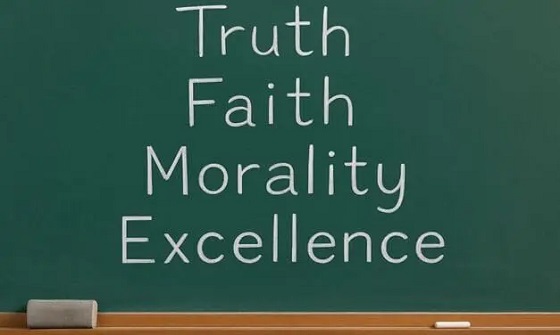
 Education1 day ago
Education1 day agoWhy more parents are turning to Christian schools
-
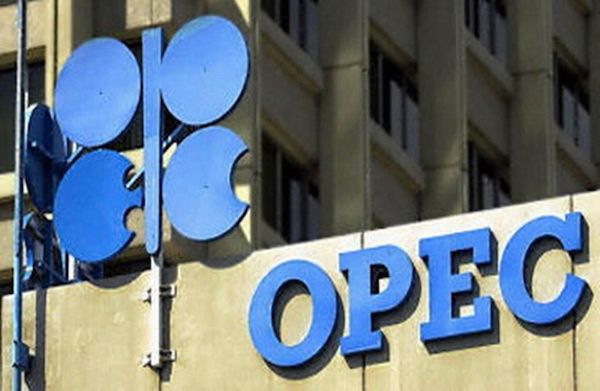
 Alberta1 day ago
Alberta1 day agoOPEC+ is playing a dangerous game with oil
-
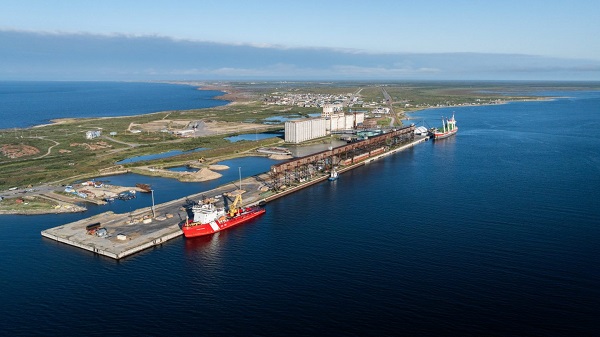
 Alberta1 day ago
Alberta1 day agoUpgrades at Port of Churchill spark ambitions for nation-building Arctic exports
-
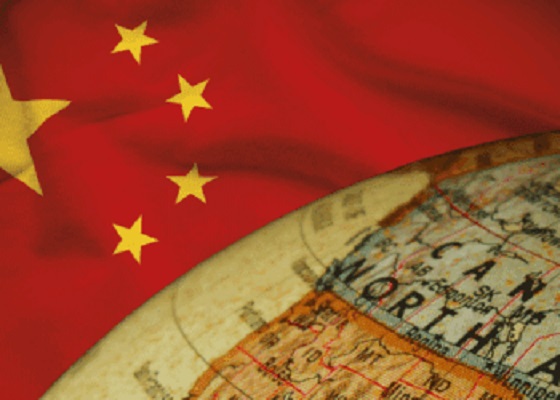
 Business1 day ago
Business1 day agoIs dirty Chinese money undermining Canada’s Arctic?
-
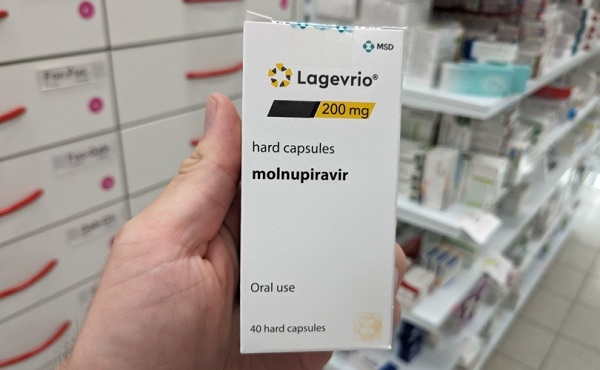
 COVID-191 day ago
COVID-191 day agoJapan disposes $1.6 billion worth of COVID drugs nobody used
-
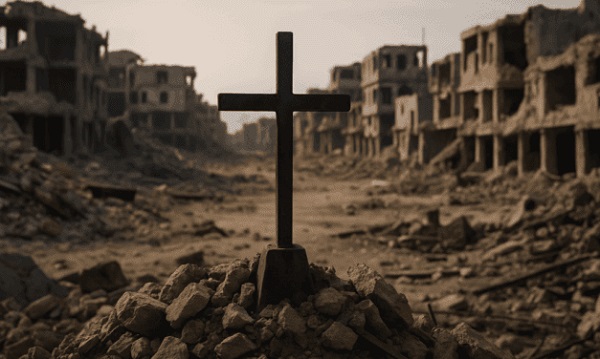
 conflict1 day ago
conflict1 day agoOne of the world’s oldest Christian Communities is dying in Syria. Will the West stay silent?
-
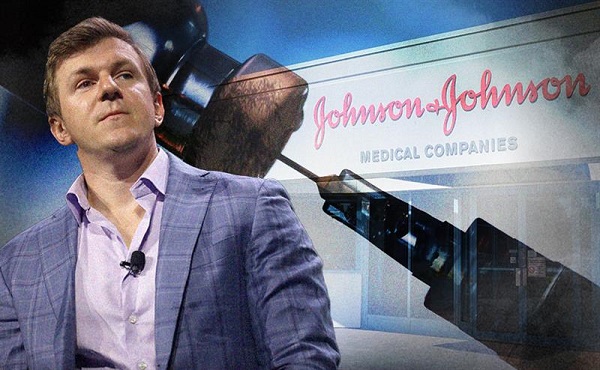
 COVID-191 day ago
COVID-191 day agoWATCH: Big Pharma scientist admits COVID shot not ‘safe and effective’ to O’Keefe journalist
-

 Bruce Dowbiggin1 day ago
Bruce Dowbiggin1 day agoHow Did PEI Become A Forward Branch Plant For Xi’s China?






